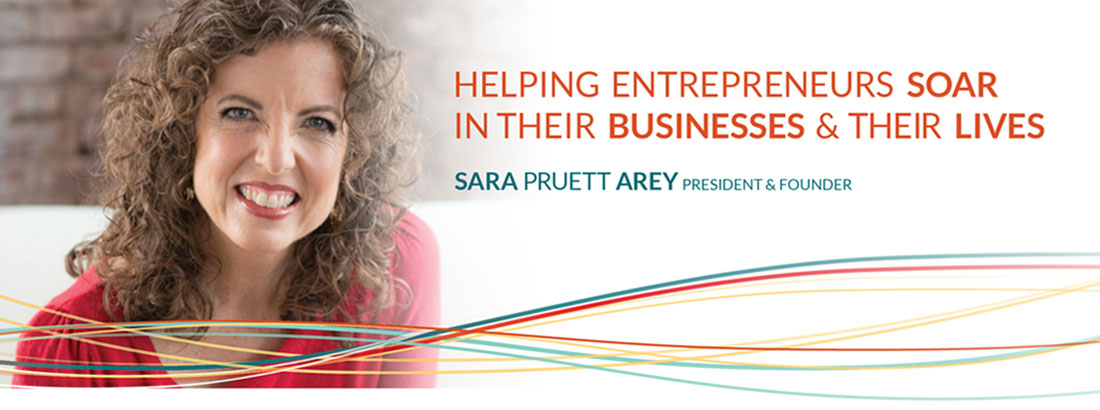 As humans, we must have some kind of motivation for change. Otherwise we’ll stay on the same path that we’re on right now. Often, that motivation is financial: when we have a particular need for money or when we see a drop in our income, we can move mountains to create what we need.
As humans, we must have some kind of motivation for change. Otherwise we’ll stay on the same path that we’re on right now. Often, that motivation is financial: when we have a particular need for money or when we see a drop in our income, we can move mountains to create what we need.
But often, as soon as that financial need gets filled (or even mostly filled), we start backing off.
That’s where another good motivator comes in: when we get tired of ourselves.
I always think of that feeling of being tired of ourselves as a catalyst for magic to happen in our lives. We get sick of the same old things we’ve been doing, the same old patterns we’ve been repeating and the same old responses we give. Or maybe we’re tired of using the same distractions – Facebook, food, creating drama – to avoid the realization that we’re just, well, tired of ourselves.
What’s Really Going On?
When we start to feel tired of ourselves, a lot of people will leave relationships or businesses and move to another city or country because they’re so desperate for a change. While sometimes these are appropriate actions to take, most often they’re just an attempt to get away from ourselves.
But what every person will find, even after the big move or relationship split, is that it’s still you in the new relationship. And in the next business. And in the next city. You will always still be with yourself, no matter how much you change the external situation.
This feeling of being “tired of yourself” is an opportunity to do some looking inside to see what’s really going on there. Ask yourself, “Why am I doing these same old things? What can I do differently?”
Take Time for Inner Reflection
Instead of following the impetus to have something new in your life, do some inner reflecting.
The first step is to recognize why you want the change and you’re looking for. So, if you decide that your relationship isn’t working, do some inner reflection to see if you are fully showing up in your relationship. Are you being the person you want to be?
Instead of looking for what the other person is or isn’t doing, look at how you’re showing up.
Here’s an example in action: look at what you think is wrong with the other person. Let’s say that you’ve decided that your partner is inattentive and you don’t feel connected. This is a great time to ask yourself, “Am I being available? Am I trying to connect with the other person? Am I being truly authentic in how I show up, versus not being truthful about how I’m feeling or keeping myself busy and not really being available? Am I initiating connection, and really tuning into the other person when I do?”
It Starts with Self-Awareness
It’s much easier to put the attention and blame on someone else and what they are or are not doing. The problem with that is, we can change partners, but we’re still going to be the same person.
It could be a romantic partner, an employee, a business partner or even a client. The real power in the situation is to look at ourselves – because ultimately, we cannot change the other person.
There are times when it’s just not a good fit. And that’s okay. But looking at yourself and getting clear on how you’re being is the only way to ensure that you will not end up in the same situation all over again next time.
Have you ever experienced the sensation of getting tired of yourself? How did you handle it? Leave a comment in the area below to share your insight.
